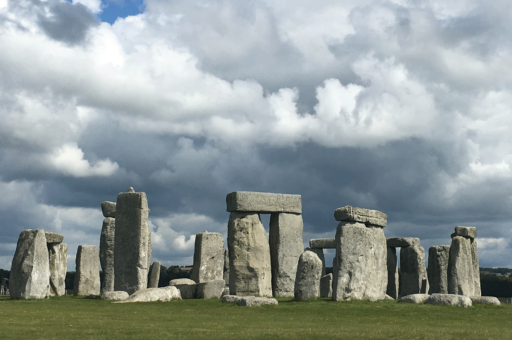Stonehenge – For a Sign and a Witness

Stonehenge, a circular structure of abandoned stones stands in a field two hours south-west of London. Over the years it has been called a temple, a burial ground, a celestial observatory, an eclipse predictor and just a pile of old stones. Many have dug all around and within Stonehenge and postulated on pottery, deer antlers, clay jars and compaction profiles of the dirt and chalk that make up the ground. Books have been written to “decode”, “solve” or “uncover” Stonehenge and yet there is still very much hidden about who designed it and why.
Stonehenge, like the Pyramid of Giza, is a witness in stone. It is a witness in itself of the Architect who designed it. As for why, well, that is really the most important part and where this article will lead you.
…


